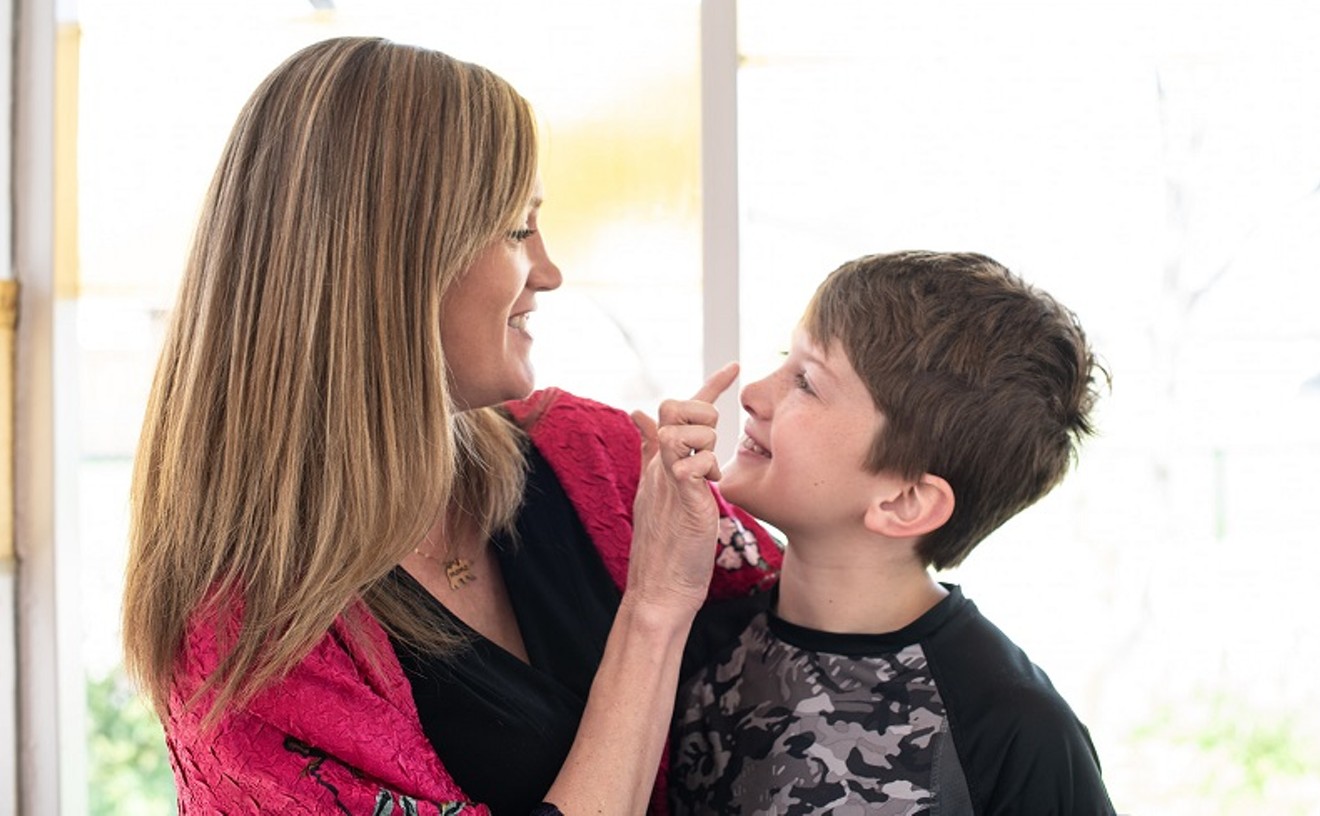Sound familiar? The writers who have been plundering William Shakespeare for plots and quotes these past 400 years are, we have always known, carrying on a respected tradition of theft that Shakespeare himself relied upon. But ponder, for a moment, what Romeo and Juliet: The Comedy must have looked like to European audiences in the 16th and 17th centuries, full of onstage rutting, flatulence, drunkenness and a great deal of irreverence toward both university men and religious leaders. As the masked mischief-makers of commedia dell'arte spread from the Italian street markets, where they encouraged consumers to loiter and buy more, to more disciplined and professional art forms in France and England, they eventually lost their satirical edge in favor of stylization in costume, movement and speech. And although the rulers of various countries and regions were tolerant of having their noses tweaked to differing degrees, it was perhaps inevitable that the form would attract a certain irrational reverence for its means rather than its ends. Commedia is a claustrophobic world in the way that soap operas and professional wrestling are; the stock characters, from Pantalone the thwarted elder to Pulcinella the slapstick clown to Capitano the cowardly captain, recur in subtly reworked combinations but remain favorite heroes and villains. In almost any historical era, it's reassuring to know who you'll always be able to laugh at and cheer. There are hundreds of different minor characters in the pantheon, but commedia remains, at bottom, theatrical comfort food--pasta in performance, if you will--though its influence on the English stage is so vast and incalculable that you can fairly say the style has continued to evolve in impure forms even through today.
Artistic director Johnny Simons is one of America's foremost contemporary practitioners of Renaissance Italian improvisation, and as his Hip Pocket Theatre in Fort Worth enters its 25th season, he once again proves it to be as pliant as the gigantic rubber noses many commedia characters sport. Simons' newest work, The Pantalone Follies, continues to fuse elements of his own life and, indirectly, such oft-acknowledged influences as R. Crumb and William S. Burroughs. He does it minus the misanthropy of the latter duo's nastier moods. Simons has managed to locate the gentle side of grotesque humanity via a bemused kind of self-reflection that suggests an old man who's lived too many years to do anything but laugh at his and other people's screwups. The human comedy of commedia is therefore a perfectly natural vehicle for Simons and longtime Hip Pocket performer Dick Harris, the ideal, wizened channeler for the writer-director's thoughts on love and the passing of generations.
Harris plays the title character in The Pantalone Follies, which, it should be noted, is scripted rather than improvised, so we're not talking the full glory of extemporaneous Italian invention here. Still, director Simons has kindled a mischievous glow from a large cast composed of three different generations of performers. The environmental impact of the production is indispensable here: Sitting under a summer night sky in the open-air Oak Acres Amphitheatre, with lights strung throughout the tall trees that border the stage, you feel in a strange way that you've entered not just Simons' world but his mind and heart as well.
Harris as Pantalone is the patriarch of a family troupe of commedia artists, including his doting wife, Peggy (Peggy Bott Kirby), and his two highly emotional daughters Sobretta (Kristina Denapolis) and Silvia (Gale Nelson). They're courted by Molemo (Paul Logsdon) and Jimmy (Adam Dietrich), who make Pantalone's life miserable with their hormonal lunges at his beloved daughters. But this night, the increasingly ruminative Pantalone has something else on his mind: He lies down in a gravelike bed and has an "O.B.E" (out-of-body experience) in which he is invited by a Crumb-esque trio of Cat Women (Shannon Atkinson, Joy Clark and Emmy Zabeik in costume designer Diane Simons' stupendous tiger body suits and high heels) to relive his life as a performer. Pausing to crouch at various ends of the stage, Pantalone watches and interacts with other younger performers playing himself as Tom Waits tunes from the soundtrack of Jim Jarmusch's Night on Earth unwind with gruff poignancy behind the action. The show climaxes with a passing of the theatrical torch to young acrobat Joe Pedrolina (Joe Carpenter) that's sweetly observed enough to put a lump in your throat.
The Pantalone Follies pulses pleasingly with the wisdom of a character who knows he knows nothing but has had one hell of a life searching for answers anyway. It's perhaps the strangest kind of summer escapism I've ever experienced in the theater--a head-butting match with mortality that leaves you giddy from the confrontation, lending a new significance to the phrase "tickled to death." Johnny Simons' theatrical vision is wistful without being sentimental, intelligent without resorting to cynicism and extremely generous in its overview of the entire arc of a human life. Hip Pocket Theatre makes an excellent case for commedia dell'arte used as something more immediate and affecting than either satire or stylistic exercise.
There's plenty of shouting and hand-wringing in the latest dramatic comedy from Fort Worth's Jubilee Theatre, appropriate enough for a play titled Hedy Understands Anxiety. That's a bit of an understatement. Hedy, as played by the appealing Jubilee veteran Evette Perry-Buchanan, is a woman who has spent most of her 30-plus years keeping family, friends and lovers at arm's length. She struggles with insecurities about her identity as a single professional woman raised by her grandmother after her own mother mysteriously bailed and then later purportedly died. She doesn't understand the link between self-confidence and intimacy with others, between how an affirming view from loved ones will help her land the peace she seems always to be tailing. She's smart enough to be a semi-success while shutting people out but not bright enough to realize what she's denying herself. To her, being isolated and still functioning is a kind of victory, but as new questions are raised about her mother, Isadora (Sharonda Burks), after the death of her imperious grandmother, Maxine (Eleanor T. Threatt), Hedy's "independence" begins to sour into loneliness.
This kind of internal struggle is difficult to play out on a stage without some kind of symbolism, or at least a larger external conflict in which to mirror it. Playwright Angela Counts won awards for Hedy Understands Anxiety while she was still in college, and the script feels like it was penned as part of some undergraduate assignment. The litany of domestic crises that develop here feel as though they were lifted from some kind of course outline about condescendingly so-called "women playwrights." It's promising, but never fleshed out as more than a series of interactions that have Perry-Buchanan cringing and yelling until even her grand dramatic gifts come to seem like wheel-spinning.
I'm going to blame Counts the writer and then director Be Boyd, who might've steered us into a more successful theatrical direction if she'd taken a lighter, conversational approach with her performers. There's room for more farcical lightheartedness, as Hedy leaves her grandmother's brownstone on a cross-country trip but not her grandmother's nagging spirit. Threatt as Maxine returns from the grave to constantly remind our heroine that the path she's following, that of wayward mom Isadora, will lead to the same kind of misery that presumably engulfed her mother. Threatt has a sitcom touch with one-liners that, however broad, at least offers us some relief from Perry-Buchanan's brow-knit fretting. Sharonda Burks is utterly convincing as the distracted, sexy and irresponsible Isadora, so much so that you wish everyone projected her laid-back restiveness. Hedy Understands Anxiety, but unfortunately not many other moods in this dyspeptic look at the costs of flying solo.










